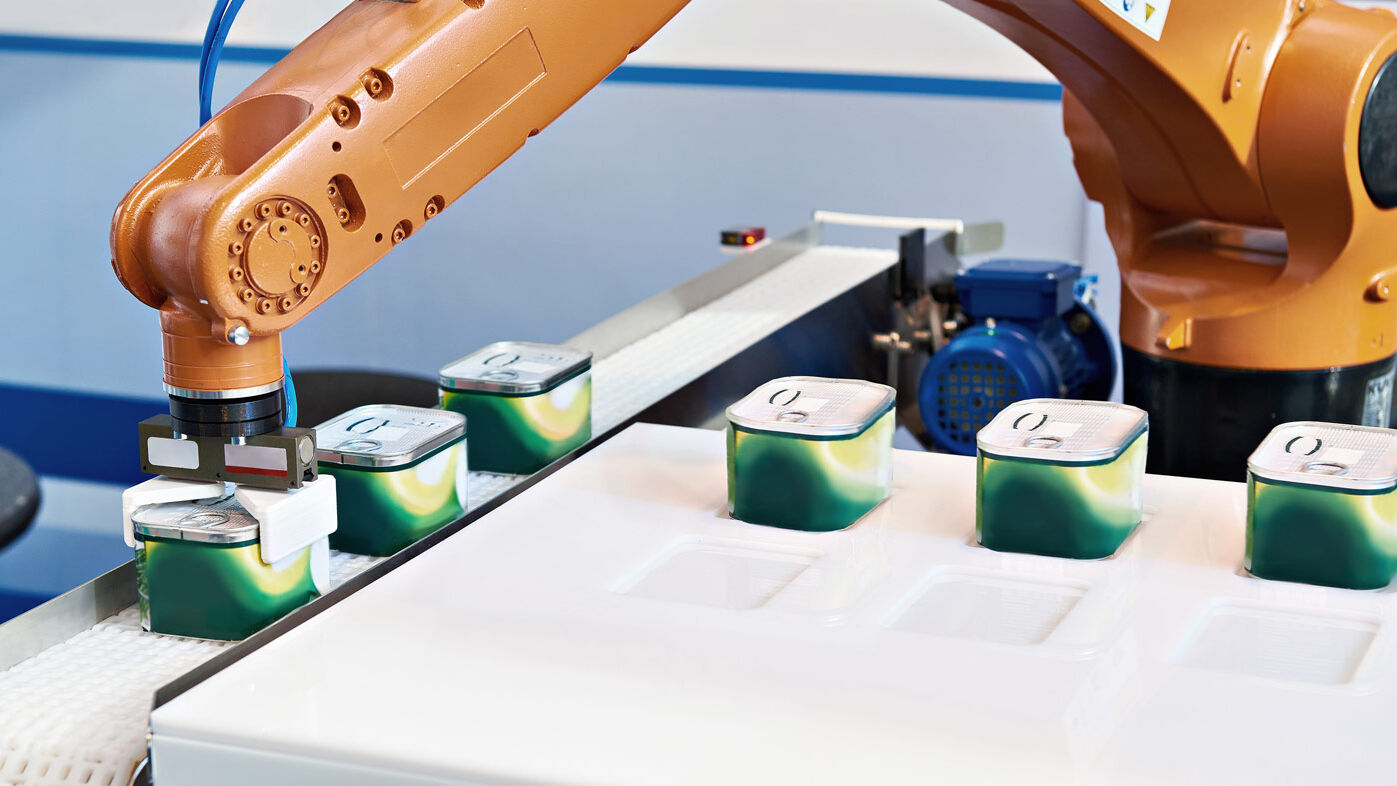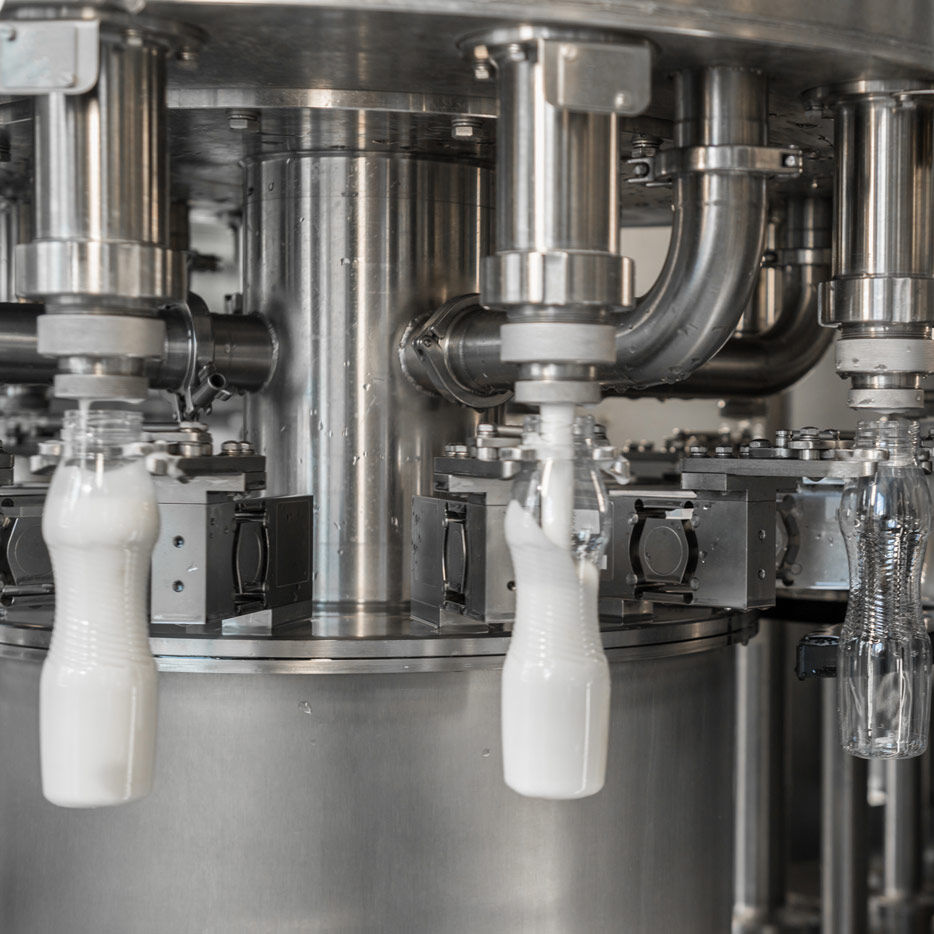CONVENIENCE FOOD
Convenience food addresses consumers' individual lifestyles like no other segment of the food market. Convenience products fit into the complex daily routines of work, family life and sports and leisure activities and aim to make them easier, more effective and optimized. On the one hand, this positioning leads to a variety of relevant convenience concepts, from classic frozen and microwave products bought in bricks-and-mortar stores to take-away meals, food-to-go snacks and food kits for the home.
On the other hand, this requires extensive individualization of sales channels and logistics solutions. These solutions must fit perfectly into the everyday routines and changing eating habits of highly differentiated target groups, work around the clock in short cycles and enable simple order processing and additional services via digital platforms. In addition, target group-specific concepts are required for pricing, pack size and packaging design, as well as the corresponding experience-oriented presentation at the physical and digital PoS.
Countering complex trends in the convenience market effectively
In addition to the target group-specific design of convenience products, long-term and cross-target group trends are also driving change in the convenience sector. These include premium orientation, sustainable consumption based on raw material cycles and a focus on healthy food that is produced without highly processed ingredients and chemicals and enhanced by functional properties. And finally, convenience products also need to integrate themselves into the very different lifestyles and value systems of consumers - for example by presenting new, exotic recipes, rediscovering traditional ingredients and recipes, or celebrating food and food preparation as an event.
The sum of these developments confronts the convenience market with a high degree of complexity. The challenge is to reconcile the individualization of products, logistics and distribution channels, pricing and marketing strategies with profitability, speed, and efficiency and to ensure a high degree of flexibility and adaptability along the entire value chain in the long term.

©Sergey Ryzhov/adobe.stock
Our consulting services in the convenience food sector
EFESO supports manufacturers of convenience products in the following areas, among others:








